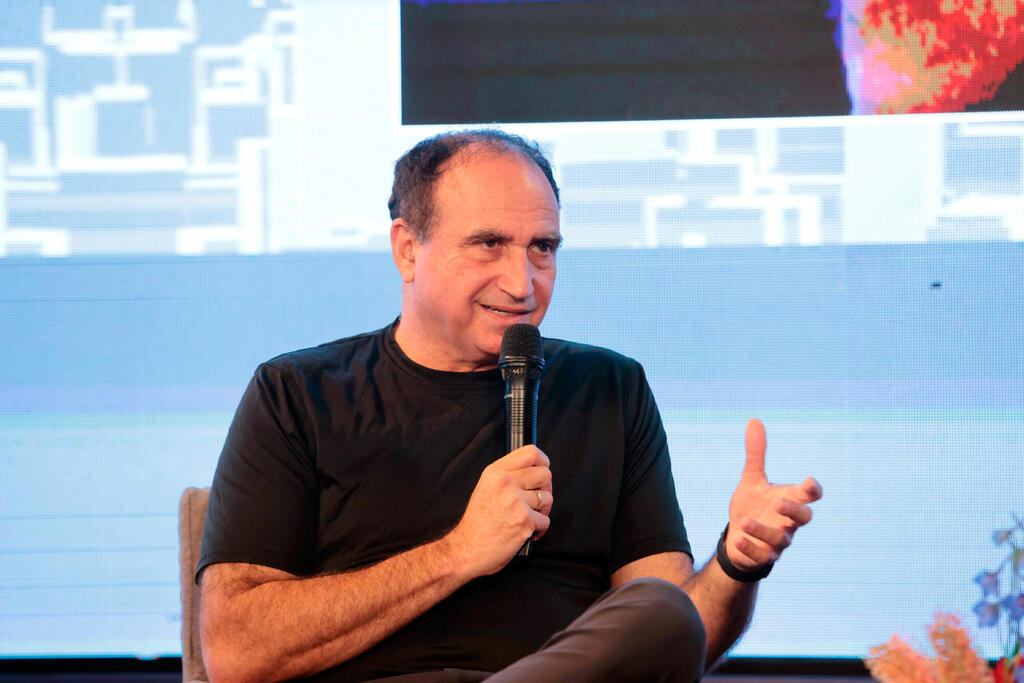
Tech TLV 2022
Google VP: "We can predict natural disasters before they occur"
"Artificial intelligence has undergone a revolution in recent years, this is not an exaggeration," said Yossi Matias, VP at Google and Managing Director of Google's R&D center in Israel
How can artificial intelligence (AI) help solve crucial problems for humanity such as global warming, health or dialogues? Yossi Matias, VP at Google and Managing Director of Google's R&D center in Israel, discussed this question in a conversation with Calcalist’s Omer Kabir at the Tech TLV conference.
"Artificial intelligence has undergone a revolution in recent years, this is not an exaggeration. We are seeing the rate of progress in the industry in the past two years and people are surprised by it. Today we can use artificial intelligence to solve acute issues. For example, the climate crisis. At the last climate conference held in Egypt, we presented Google’s crisis response products. Showcasing our ability to predict disasters before they occur, such as storms and earthquakes.
"Five years ago, we saw it was possible to point out a connection between the number of searches for disasters in the Google search engine and the occurrence of the disaster. The idea of predicting a disaster stems from the fact that what people need is to receive a quick enough warning to act before the disaster. We needed to cross-reference our information with other variables such as tide data in rivers In order to make the prediction more accurate. The platform works well today and last year we distributed 15 million alerts.
"Today we can also send alerts to relatively isolated places such as countries in Africa. The example of the disaster prediction project is very encouraging because it indicates that the information apparently exists and all that remains is to use it to save people's lives in real time.
"Beyond crisis response products, in 2007 Google announced it is a company with zero carbon emissions (meaning that it does not contribute to pollution). Beyond that, we cultivate green startups and continue to search for new ideas. For example, tackling car pollution in cities. It turns out that a certain percentage of carbon emitted in cities comes from cars standing still in traffic jams. This is a huge contributor to pollution. We realized that artificial intelligence can analyze traffic data and reduce emissions by timing cars and reducing the duration of their motorized stops. We are adopting the technology in leading cities around the world."
Is technology capable of optimizing communication between people?
"Google is developing language models. Among other things, there is an application that allows future interviewees to train for the interview and to train their technical skills. We are able to let them perform training with an AI system. There are examples of people being hired thanks to this. It is exciting to be part of an industry that leverages these advantages."














